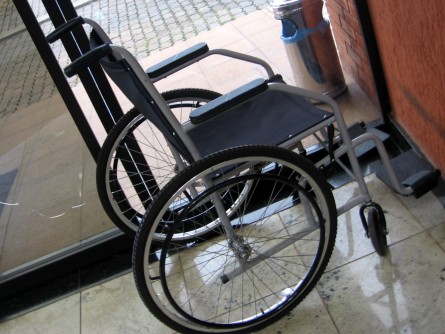In the wake of the Ferguson, Missouri, riots over the summer, it was not uncommon to hear community leaders and media commentators emphasize the need for more after-school programs for the city’s disadvantaged youth. There were calls for all sorts of other reforms too-- from police re-training to more money for schools and childcare -- but after-school programs were always on the list.
It seems logical that kids who have something to keep them occupied are less likely to get into trouble, but there are limits to this thinking. It’s one thing to say that kids who go to the Boys Club and play basketball aren’t going to hang around a parking lot, play loud music, or have a beer. It’s another thing to say that they’re less likely to knock over a convenience store. Kids who are going to get into serious trouble are not going to let a little thing like an after-school activity stand in their way. In other words, kids are not simply engaged in criminal behavior because they’re bored.
I was reminded of this discussion when I read a Washington Post piece by Mia Bloom, a professor of security studies at UMass. In her explanation of “How the Islamic State is recruiting Western teen girls,” Bloom writes that we need to do more to keep these girls from leaving the country and then ensure that they are allowed to come back when they realize the error of their ways. But she also suggests that “well-funded after school programs” will help.
Bloom includes a link to a story about a Somali man in Minnesota who teaches Muslim kids to play sports as an alternative to Islamist extremism. Count me skeptical. I’m sure that this man is doing good work and perhaps it’s better than nothing, but is it really the case that Muslim teens are joining ISIS because they are bored between the time school lets out and their parents get home?
Of course not. For a teenager to want to give up his or her life here and engage in murderous, treasonous activities, there has to be something seriously wrong. They must have come under the influence of a truly malicious adult. They must be experiencing some kind of severe neglect or abuse at home. They must be lacking any kind of meaning or purpose in their lives at all. It is hard to say what we can do about these problems but funding after-school programs probably won’t cut it.






